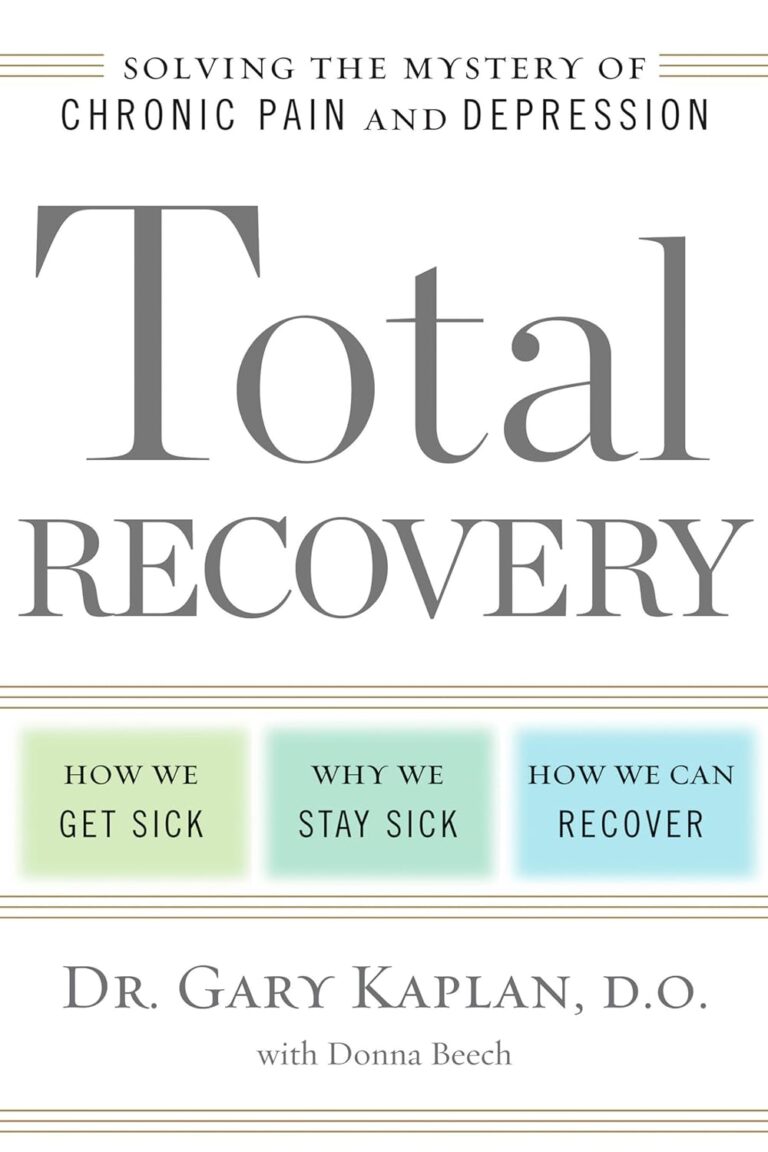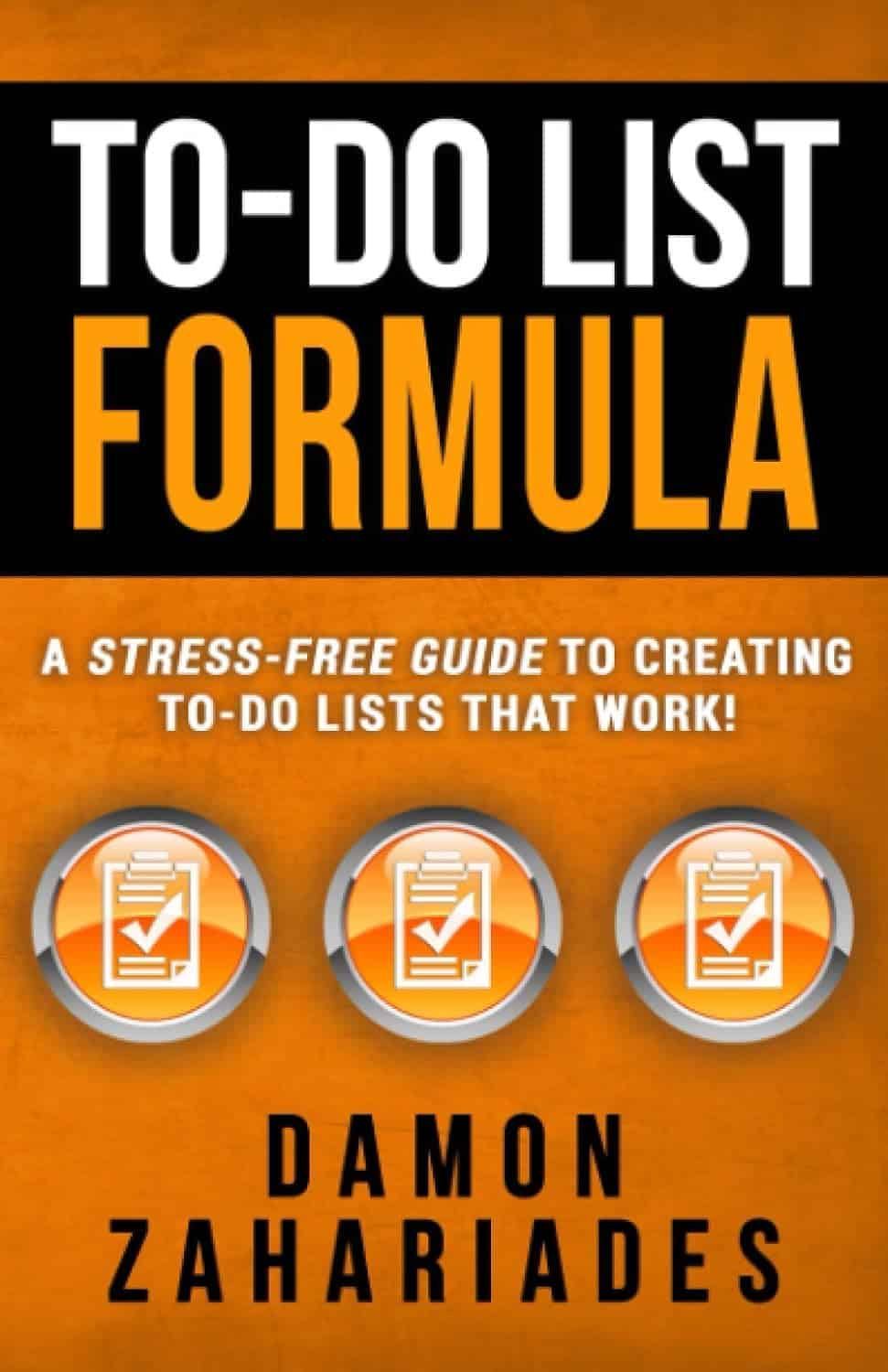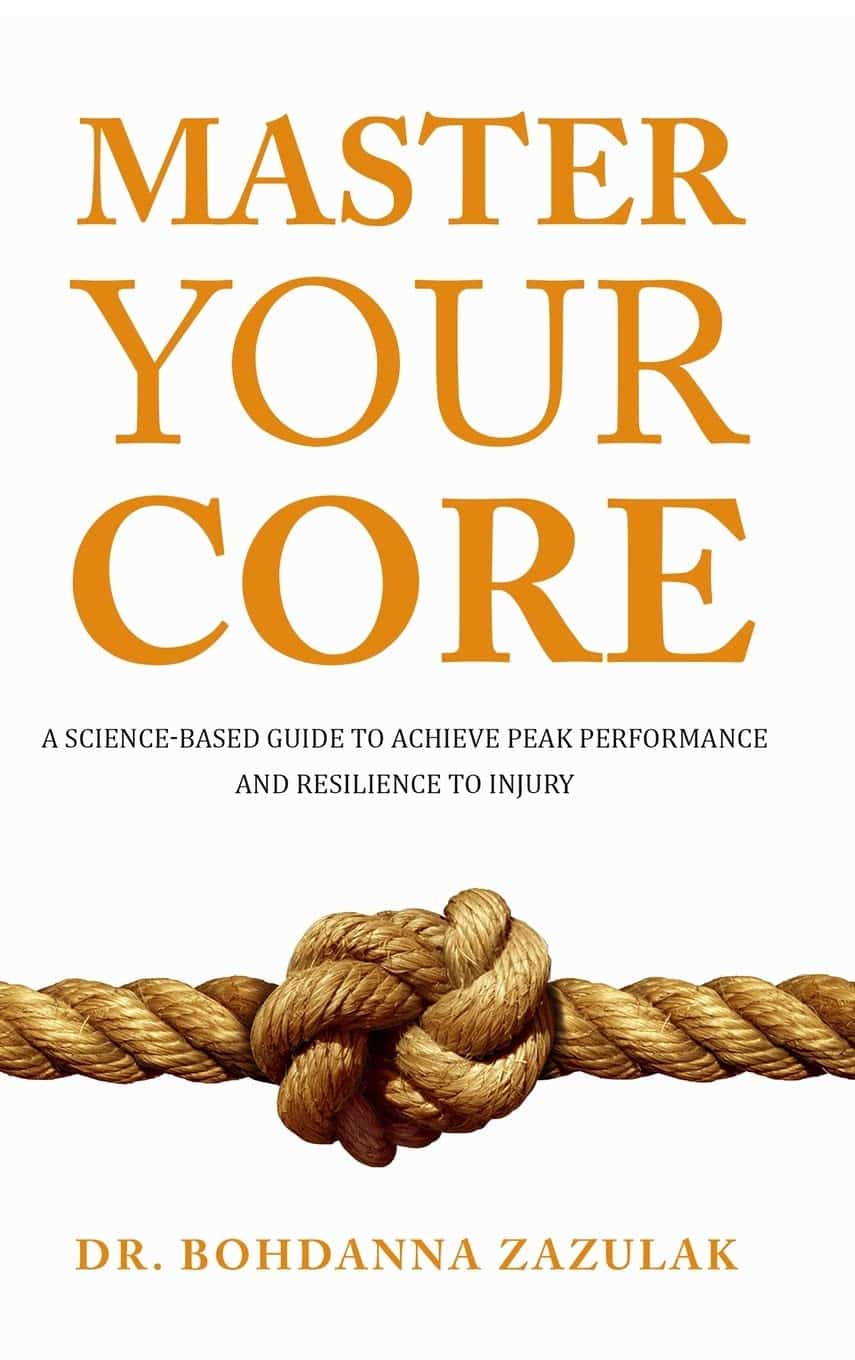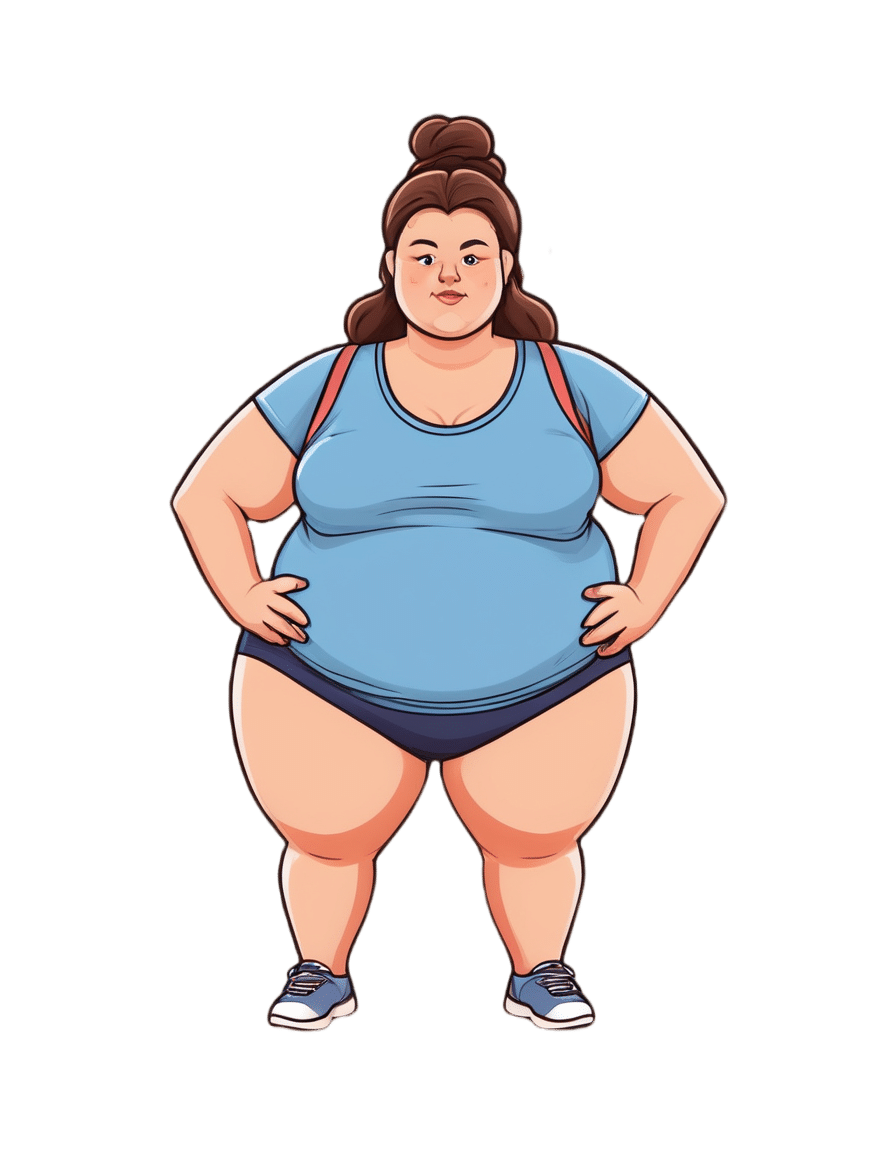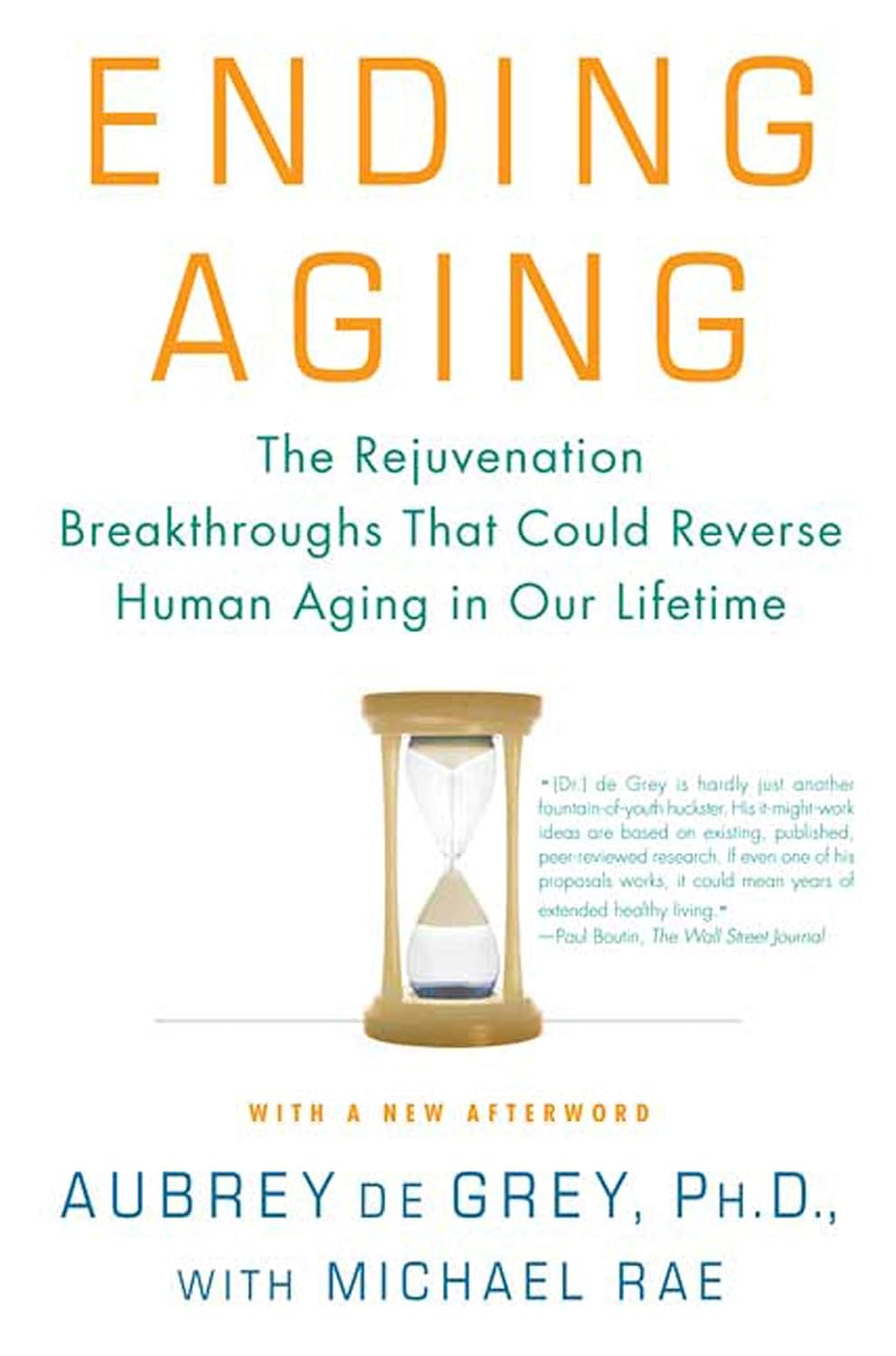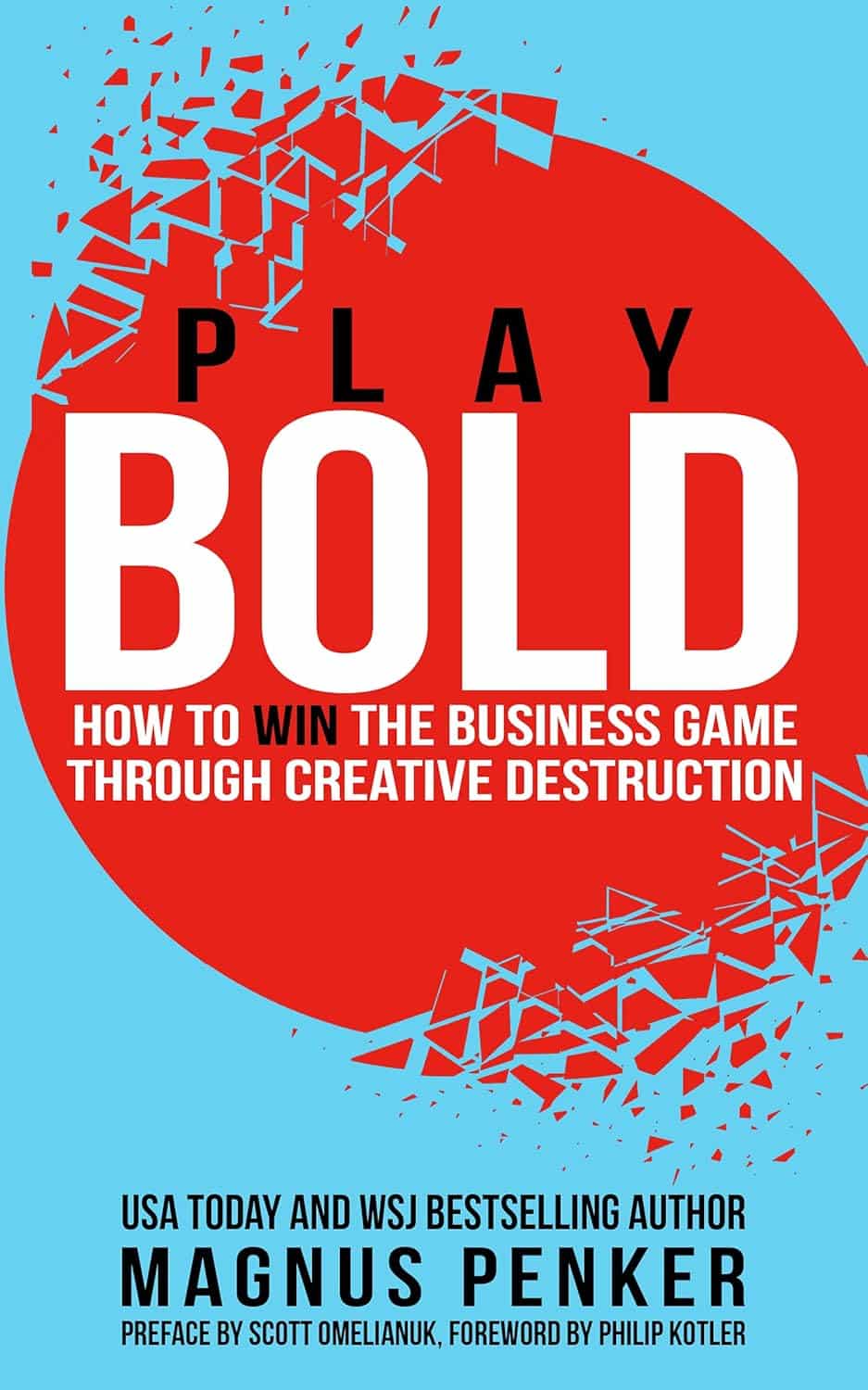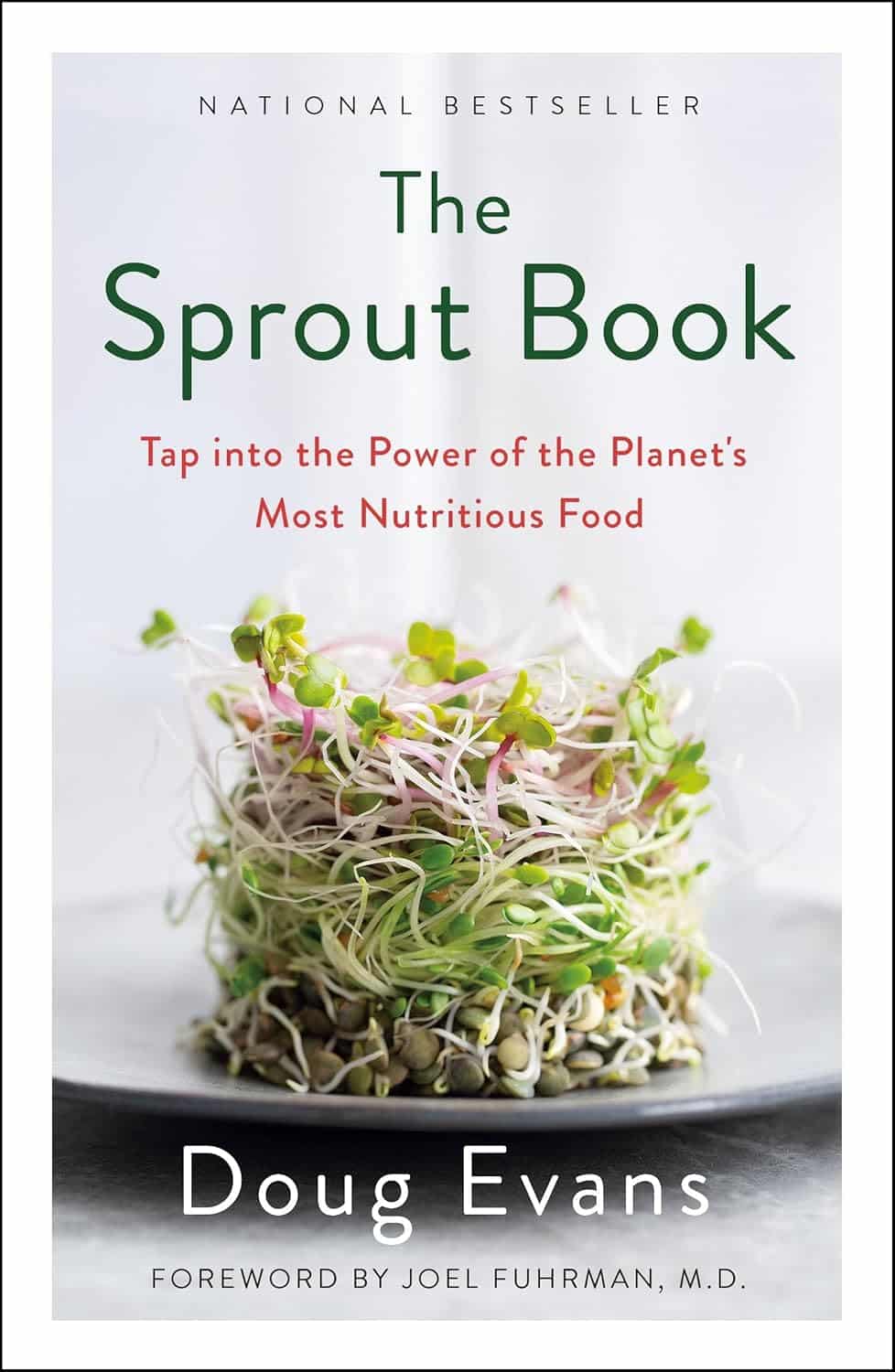
The Sprout Book – by Doug Evans
10almonds is reader-supported. We may, at no cost to you, receive a portion of sales if you purchase a product through a link in this article.
Sprouting seeds are more nutritious than most people think, and “seeds” is also a much broader category than people think. Beyond even chia and sunflower and such, this book bids us remember that onions do not just appear on supermarket shelves fully formed (to give just one example of many); most plants come from seeds and of those, most can be usefully sprouted.
The author, most well-known for his tech companies, here is selling us a very low-tech health kick with very little profit to be found except for our health. By sprouting seeds of many kinds at home, we can enjoy powerful superfoods that are not only better than, but also cheaper than, most supplements.
Nor are the benefits of sprouting things marginal; we’re not talking about a 1–10% increase in bioavailable so much as what’s often a 100–1000% increase.
After explaining the science and giving a primer on sprouting things for oneself, there is a wide selection of recipes, but the biggest benefit of the book is in just getting the reader up-and-running with at-home sprouting.
Bottom line: if you like the idea of letting food be your medicine and even like the idea of essentially growing your own food with zero gardening skills, then this is an excellent book for you.
Don’t Forget…
Did you arrive here from our newsletter? Don’t forget to return to the email to continue learning!
Recommended
Learn to Age Gracefully
Join the 98k+ American women taking control of their health & aging with our 100% free (and fun!) daily emails:
-
To-Do List Formula – by Damon Zahariades
10almonds is reader-supported. We may, at no cost to you, receive a portion of sales if you purchase a product through a link in this article.
The first part of this book is given to reviewing popular to-do list methods that are already widely “out there”. This treatment is practical and exploratory, looking at the pros and cons of each.
The second part of the book is more Zahariades’ own method, taking what he sees as the best of each, plus some tricks and practices of his own. With these, he builds (and shares!) his optimized system.
You may be wondering what you, dear reader, can expect to get out of this book. Well, that depends on where you’re coming from:
Are you new to approaching your general to-dos with a system more organized than post-it notes on your fridge? If so, this will be a great initial introduction to many systems.
Or are you, perhaps, a veteran of GTD, ToDoist, assorted Pomodoro-based systems, and more? Do you do/delegate/defer/ditch tasks more deftly and dextrously than Serena Williams despatches tennis balls?
If so, what you’re more likely to gain here is a fresh perspective on old ideas, and maybe a trick or two you didn’t know before. At the very least, a boost to your motivation, getting you fired up for doing what you know best again.
All in all, a very respectable book for anyone’s to-read list!
Pick Up Your Copy of Zahariades’ To-Do List Formula on Amazon Today!
Share This Post
-
What families should know about whooping cough
10almonds is reader-supported. We may, at no cost to you, receive a portion of sales if you purchase a product through a link in this article.
What you need to know
- Whooping cough is a bacterial respiratory illness that can cause long-term symptoms and even death.
- Two types of vaccines protect against it: The DTap vaccine is given to babies and children up to 6 years old, while the Tdap vaccine is given to children 7 years and older and adults.
- If you or your child has symptoms of whooping cough, isolate them from vulnerable family members and seek treatment early to reduce the risk of serious illness.
Whooping cough, also called pertussis, is a highly contagious respiratory illness that’s particularly dangerous for babies. Cases are now at least four times as high as they were at this time last year. Fortunately, vaccines are extremely effective at preventing the disease across age groups.
Read on to learn about the symptoms and risks of whooping cough, who should get vaccinated, and what to do when symptoms appear.What are the symptoms of whooping cough?
Early symptoms of whooping cough typically appear five to 10 days after exposure and may include a runny or stuffy nose, a low fever, and a mild cough. One to two weeks later, some people may experience extreme coughing fits that can cause shortness of breath, trouble sleeping, vomiting, fatigue, and rib fractures. These fits usually last one to six weeks, but they can last up to 10 weeks after infection.
About one in three babies under 1 year old who contract whooping cough require hospitalization, as they may experience life-threatening pauses in breathing (called apnea), pneumonia, and other complications. Children and adults who have asthma or are immunocompromised are also more likely to develop severe symptoms.
Which vaccines protect against whooping cough, and who is eligible?
Two types of vaccines protect against whooping cough: The DTap vaccine is given to babies and children up to 6 years old, while the Tdap vaccine is given to children 7 years and older and adults. Both vaccines protect against infections from diptheria, tetanus, and pertussis.
The Centers for Disease Control and Prevention recommends that pregnant people receive a single dose of the Tdap vaccine between 27 and 36 weeks of pregnancy, as this lowers the risk of whooping cough in babies younger than 2 months old by 78 percent.
Multiple doses are required for the best protection. Learn more about DTaP and Tdap vaccine schedules from the CDC, and talk to your health care provider about how many doses you and your children need.
What should families do when whooping cough symptoms appear?
If you or your child has symptoms of whooping cough, isolate the infected person from vulnerable family members. It’s also important to seek treatment early to reduce the risk of serious illness. Health care providers typically prescribe antibiotics to those recovering at home.
Over-the-counter cough and cold medicine is not recommended for children under 4 years old. However, limiting smoke, dust, and chemical fumes at home and using a humidifier can reduce coughing. If you are caring for someone with whooping cough who exhibits pauses in breathing or develops gray or blue skin, call 911 immediately.
For more information, talk to your health care provider.Share This Post
-
Master Your Core – by Dr. Bohdanna Zazulak
10almonds is reader-supported. We may, at no cost to you, receive a portion of sales if you purchase a product through a link in this article.
In the category of “washboard abs”, this one isn’t particularly interested in how much or how little fat you have. What it’s more interested in is a strong, resilient, and stable core. Including your abs yes, but also glutes, hips, and back.
Nor is the focus on superhuman feats of strength, though certainly one could use these exercises to work towards that. Rather, here we see importance placed on functional performance, mobility, and stability.
Lest mobility and stability seem at odds with each other, understand:
- By mobility we mean the range of movement we are able to accomplish.
- By stability, we mean that any movement we make is intentional, and not because we lost our balance.
Functional performance, meanwhile, is a function of those two things, plus strength.
How does the book deliver on this?
There are exercises to do. Exercises of the athletic kind you might expect, and also exercises including breathing exercises, which gets quite a bit of attention too. Not just “do abdominal breathing”, but quite an in-depth examination of such. There are also habits to form, and lifestyle tweaks to make.
Of course, you don’t have to do all the things she suggests. The more you do, the better results you are likely to get, but if you adopt even some of the practices she recommends, you’re likely to see some benefits. And, perhaps most importantly, reduce age-related loss of mobility, stability, and strength.
Bottom line: a great all-rounder book of core strength, mobility, and stability.
Click here to check out Master Your Core and enjoy the more robust health that comes with it!
Share This Post
Related Posts
-
20 Easy Ways To Lose Belly Fat (Things To *Not* Do)
10almonds is reader-supported. We may, at no cost to you, receive a portion of sales if you purchase a product through a link in this article.
Waist circumference (and hip to waist ratio) has been found to be a much better indicator of metabolic health than BMI. So, while at 10almonds we generally advocate for not worrying too much about one’s BMI, there are good reasons why it can be good to trim up specifically the visceral belly fat. But how?
What not to do…
Autumn Bates is a nutritionist, and her tips include nutrition and other lifestyle factors; here are some that we agree with:
- Do less cardio! Unless it’s High-Intensity Interval Training, cardio will cause a metabolic slow-down to compensate afterwards.
- Stop adding sugar to coffee, or anything else, really!
- Stop buying smoothies; they spike blood sugars; eat fresh fruit instead
- Stop eating bread; a drastic move, but as a general rule of thumb, it helps a lot of people
- Stop having more than 2 cups of coffee (this is actually about the caffeine, not the coffee; caffeine spikes cortisol in most people, and chronically high cortisol can cause fat to be redistributed to the belly and face)
- Stop sitting for more than an hour; spend more time on your feet
- Stop having more than 1 alcoholic drink per day (we’d advise stop having more than zero alcoholic drinks per day, but that may be a difficult immediate change for some)
- Stop eating “protein” bars; the rest of their contents are usually not good, to say the least.
For more, including to learn what she has against peanut butter, enjoy her video:
Click Here If The Embedded Video Doesn’t Load Automatically
Want to know more?
Check out our previous main feature:
Visceral Belly Fat & How To Lose It
Take care!
Don’t Forget…
Did you arrive here from our newsletter? Don’t forget to return to the email to continue learning!
Learn to Age Gracefully
Join the 98k+ American women taking control of their health & aging with our 100% free (and fun!) daily emails:
-
Ending Aging – by Dr. Aubrey de Grey
10almonds is reader-supported. We may, at no cost to you, receive a portion of sales if you purchase a product through a link in this article.
We know about how to slow aging. We know about diet, exercise, sleep, intermittent fasting, and other lifestyle tweaks to make. But how much can we turn back the clock, according to science?
Dr. Aubrey de Grey’s foundational principle is simple: the body is a biological machine, and aging is fundamentally an engineering problem.
He then outlines the key parts to that problem: the princple ways in which cells (and DNA) get damaged, and what we need to do about that in each case. Car tires get damaged over time; our approach is to replace them within a certain period of time so that they don’t blow out. In the body, it’s a bit similar with cells so that we don’t get cancer, for example.
The book goes into detail regards each of the seven main ways we accumulate this damage, and highlights avenues of research looking to prevent it, and in at least some cases, the measures already available to so.
Bottom line: if you want a hard science overview of actual rejuvenation research in biogerontology, this is a book that presents that comprehensively, without assuming prior knowledge.
Click here to check out Ending Aging and never stop learning!
Don’t Forget…
Did you arrive here from our newsletter? Don’t forget to return to the email to continue learning!
Learn to Age Gracefully
Join the 98k+ American women taking control of their health & aging with our 100% free (and fun!) daily emails:
-
Play Bold – by Magnus Penker
10almonds is reader-supported. We may, at no cost to you, receive a portion of sales if you purchase a product through a link in this article.
This book is very different to what you might expect, from the title.
We often see: “play bold, believe in yourself, the universe rewards action” etc… Instead, this one is more: “play bold, pay attention to the data, use these metrics, learn from what these businesses did and what their results were”, etc.
We often see: “here’s an anecdote about a historical figure and/or celebrity who made a tremendous bluff and it worked out well so you should too” etc… Instead, this one is more: “see how what we think of as safety is actually anything but! And how by embracing change quickly (or ideally: proactively), we can stay ahead of disaster that may otherwise hit us”.
Penker’s background is also relevant here. He has decades of experience, having “launched 10 start-ups and acquired, turned around, and sold over 30 SMEs all over Europe”. Importantly, he’s also “still in the game”… So, unlike many authors whose last experience in the industry was in the 1970s and who wonder why people aren’t reaping the same rewards today!
Penker is the therefore opposite of many who advocate to “play bold” but simply mean “fail fast, fail often”… While quietly relying on their family’s capital and privilege to leave a trail of financial destruction behind them, and simultaneously gloating about their imagined business expertise.
In short: boldness does not equate to foolhardiness, and foolhardiness does not equate to boldness.
As for telling the difference? Well, for that we recommend reading the book—It’s a highly instructive one.
Take The First Bold Step Of Checking Out This Book On Amazon!
Don’t Forget…
Did you arrive here from our newsletter? Don’t forget to return to the email to continue learning!
Learn to Age Gracefully
Join the 98k+ American women taking control of their health & aging with our 100% free (and fun!) daily emails:

